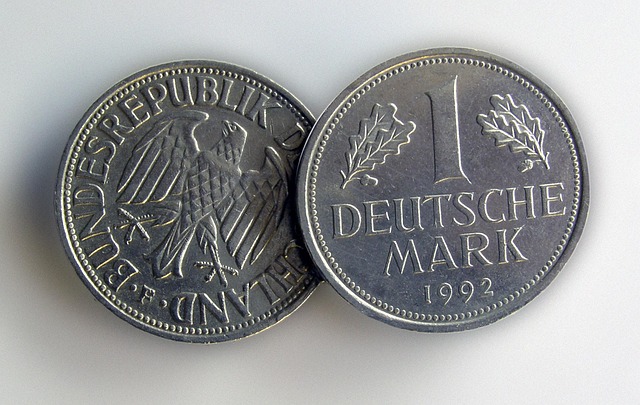A title loan buyout allows borrowers to repay and take ownership of their secured vehicle loan, providing quick cash access and avoiding daily interest charges. By negotiating with lenders, borrowers can secure more favorable terms, manage debt responsibly, and retain vehicle possession while maintaining long-term financial stability. This strategy is ideal for emergencies but requires balanced debt management to prevent repossession.
A title loan buyout offers both significant risks and substantial rewards, making it a crucial decision with far-reaching implications. This strategy involves replacing an existing title loan with a new one, typically from another lender, providing borrowers with immediate financial relief. However, it’s not without its pitfalls; higher interest rates, potential credit score damage, and the risk of default can all ensue. Understanding these risks and rewards is essential for anyone considering this option, as it may offer a path to improved cash flow and long-term financial stability while avoiding the pitfalls of high-interest debt cycles.
- Understanding Title Loan Buyout: The Basics
- – Definition and process explained
- – Who typically involves in a title loan buyout? (lenders, borrowers)
Understanding Title Loan Buyout: The Basics

A title loan buyout is a financial strategy where an individual repays their existing title loan and assumes full ownership of the secured asset, typically a vehicle. It’s a process that can offer both significant advantages and potential pitfalls for borrowers in need of quick funding. When you opt for a title loan buyout, you’re essentially trading in your vehicle’s title as collateral to secure a lump sum of cash, often referred to as fast cash. This option appeals to those facing financial emergencies who need immediate access to funds without the hassle of traditional loan applications and credit checks.
By buying out the remaining balance on an existing title loan, borrowers can avoid the daily interest charges associated with their debt and retain ownership of their vehicle, a crucial factor for many individuals who rely on their cars for transportation or as a source of income. However, it’s essential to approach this decision cautiously, as failure to repay the buyout amount could result in repossession of your vehicle. Balancing the need for emergency funds with managing debt is key when considering a title loan buyout to ensure you keep your vehicle and maintain long-term financial stability.
– Definition and process explained

A title loan buyout is a financial transaction where an individual or business takes over the remaining balance on an existing car title loan from a lender. This process allows borrowers to change their lending terms, potentially saving money in interest and fees. The buyer assumes the responsibility for repaying the loan, while the seller (lender) transfers the rights associated with the vehicle’s title.
The process typically involves several steps: first, the borrower initiates the buyout by finding a buyer willing to assume the loan. Next, both parties agree on a price, which considers factors like the remaining loan balance, vehicle valuation, and market conditions. Once an agreement is reached, the buyer funds the purchase, pays off the original lender, and records the new title with relevant authorities. This transaction can offer borrowers a quicker path to ownership and better financial terms, especially in cases where they want to keep their vehicle but need more manageable loan payments, such as with Houston Title Loans.
– Who typically involves in a title loan buyout? (lenders, borrowers)

In a title loan buyout scenario, two primary parties are involved: lenders and borrowers. Lenders, including financial institutions and specialized credit providers, offer short-term loans secured by a borrower’s vehicle. These loans, often known as title loans, use the car’s title as collateral. Borrowers, on the other hand, seek to repay existing high-interest debt or cover immediate financial needs by tapping into this form of secured lending. Fort Worth loans, for instance, cater to individuals in need of quick cash, utilizing their vehicles as leverage.
The buyout process involves borrowers negotiating with lenders to replace their current loan terms with a new agreement, typically offering lower interest rates and more flexible repayment conditions. This strategy allows borrowers to save on costs and gain better control over their finances. By doing so, they can avoid the risk of defaulting on their loans due to harsh Loan Terms associated with title loans, thereby preventing potential repossession of their vehicles.
A title loan buyout presents a strategic opportunity for both lenders and borrowers. By understanding the process and its implications, individuals can make informed decisions, balancing the potential risks with substantial rewards. This financial instrument offers borrowers a chance to regain control of their assets while providing lenders with an avenue for enhanced returns. However, careful consideration is paramount, as the outcome depends on individual circumstances and market conditions.






